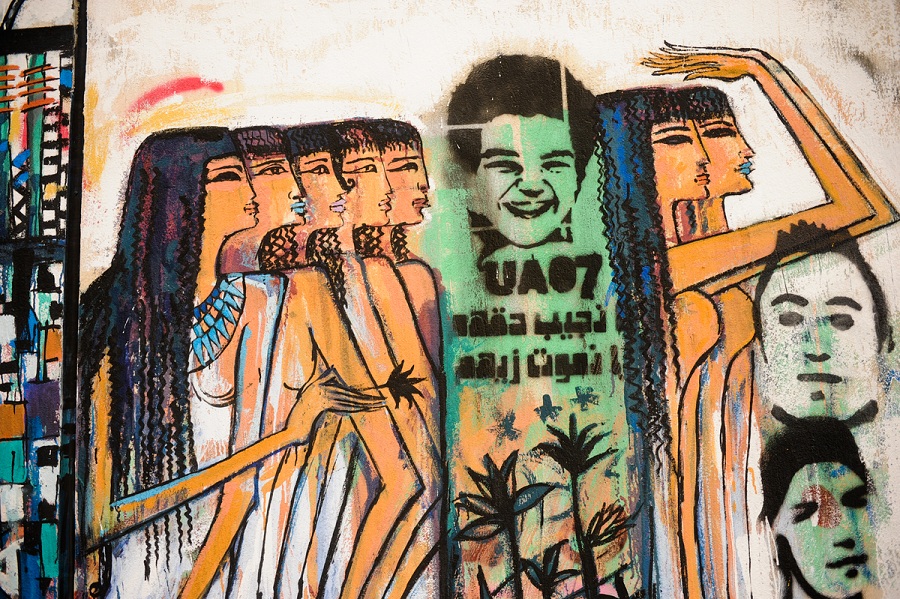The Gulf Cooperation Council (GCC) decided to designate the Lebanese group Hezbollah with the label of “terror group”, according to the official website of the GCC.
GCC Secretary General Abd Al-Latif Al- Zayani said the decision was taken due to “the provocative acts of that militia to recruit young people from GCC to carry out terror acts”.
“GCC countries consider all acts of Hezbollah in the Gulf countries and the provocative acts they carry out in Syria, Iraq, and Yemen to be contradictory to international law and human values which threatens Arab national security”, the statement read.
The decision came one day after Hezbollah Secretary General Hassan Nasrallah’s outspoken declarations about “Saudi Arabia’s attempts to incite sectarian strife between Sunni and Shia Muslims in the Arab world”.
Last month Saudi Arabia cut its $3bn military aid to the Lebanese army.
The conflict between Saudi Arabia and Hezbollah is part of a broader conflict between Saudi Arabia and Iran, which was escalated due to the execution of a prominent Shia cleric last year. Nasrallah said Tuesday the Saudi decision to cut those aids will force Lebanon to enter a new phase of the conflict.
“It is clear that since … the announcement to halt grants and other Saudi measures we have entered a new phase of political and media struggle which Saudi Arabia has escalated,” Nasrallah said.
He believes that Saudi Arabia wants his group to retreat from the government “even if this leads to strife in Lebanon, such as the collapse of the government in Lebanon, or a civil war in Lebanon”. Hezbollah sees the continuation of their role in the government as a national interest and they do not intend to resign.
This conflict could threaten the fragile political situation in Lebanon.
Political and security analyst at the UAE-based Delma Institute, Mohamed Hineidi, believes it is still unclear at this stage whether Hezbollah in its entirety or just its military arm were designated as a terror group.
“Listing Hezbollah as a terrorist organisation by GCC could further exacerbate tensions within Lebanon since Hezbollah holds seats in its cabinet. This may increase sectarian tension in Lebanon and political tension between pro- and anti-Hezbollah supporters in the Lebanese government. Regionally, tensions between key GCC member states and Iran may take a turn for the worse following that declaration”, Hineidi said.
Saudi Arabia’s decision to cut military aid to Lebanon is driven by its intention to both marginalise Hezbollah and disengage political leadership in Beirut, according to Hineidi.
“Cutting aid is meant to counter Hezbollah’s involvement in both Syria and Yemen.
Hezbollah played a vanguard role in recent Syrian government advancements in Aleppo. Additionally, Saudi Arabia has taken issue with Beirut’s failure to condemn the attack on the Saudi embassy in Iran following its ransacking in January,” he said.
Hezbollah on the other hand has claimed that Saudi Arabia’s decision to halt aid stems from economic hardship currently faced by the Kingdom, prompted by low oil prices and the Saudi-led war in Yemen.
“Saudi Arabia’s decision to halt aid may have stemmed from the Kingdom’s intention to protest what is sees as Hezbollah’s monopolisation of power in Lebanon and to force its allies in Beirut, such as the March 14 Alliance led by Saad Hariri, to restrain Hezbollah’s actions in Syria and elsewhere,” Hineidi said.
Although this may increase pressure on Hezbollah, it is unlikely to yield results.
The decision might negatively impact Saudi Arabia’s allies in Lebanon and potentially open the door for Iranian assistance to the Lebanese army, particularly as Tehran is enthusiastically leaving behind the economic sanctions that were imposed on it in the past decade, according to the political analyst.




